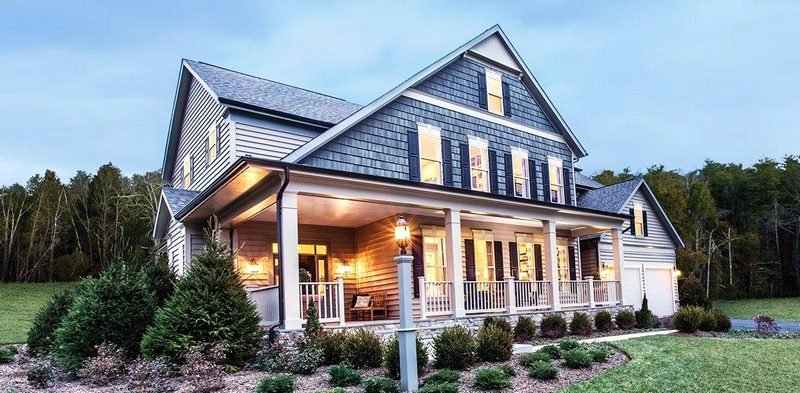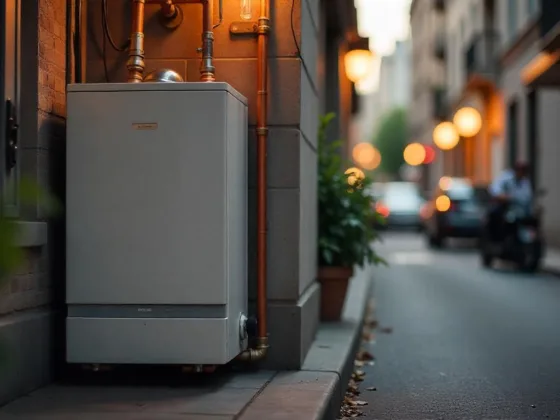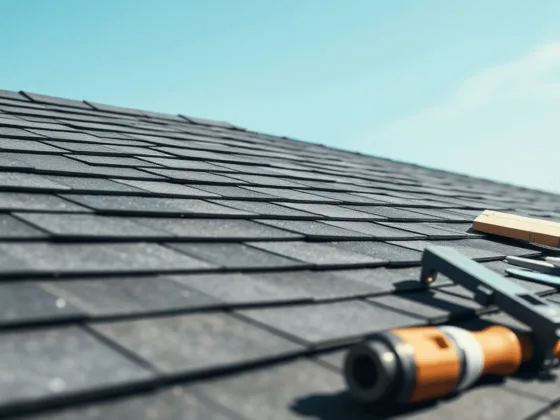Table of Contents Show
Owning a home is considered a very important asset. This is because a house not only brings the security of putting a roof over your head forever, but it is also a great investment.
The market is powerful right now, prices are relatively lower at the moment which could change anytime, and interest rates are also not too high as compared to the past.

That’s the reason why more and more people are opting to purchase houses right now. Even if you don’t feel like living in the same house for the rest of your life, or take a break for several years, purchasing a house right now would be the wisest investment of your life as you can build up cash as well as the equity that can help you with upgrading the house later on.
Read Also:
If you have recently decided to make an investment in the real estate market, then you must have come across a lot of jargon which can be often confusing.
Whether you are looking at a housing contract, or reading a newsletter issued by a real estate company, or talking to a real estate professional, you always come across some terms which could be confusing.
And speaking of confusing terms, there are two of them which are most commonly mistaken by people who are new to the industry. These are ‘homeowner’ and a ‘real estate investor’.
At first glance, the two terms seem synonymous with each other, so a lot of people use them interchangeably without knowing that they are, indeed, two different terms.
Most people thinking that anyone who buys a house is investing in real estate marketing, and is, thus real estate investor.
As a matter of fact, if someone really wants to invest in the real estate market and turn it in their favor, they have to be fully cognizant of real estate terminology so as to eliminate confusion and make the right decisions.
Homeowners Versus Real Estate Investors: Who Benefits More?
For anyone out there who is confused between the two terms, read on to learn the difference between homeowners and real estate investors.
Both Own a Real Estate Property
The common thing between a real estate investor and a homeowner is that they both own a real estate property.
However, there is a difference. Whereas in the case of the homeowner, the house serves as the personal living space.
However, in the case of the real estate investors, they own the house just like the homeowner by they rent it out to someone else and make money out of the investment in the real estate property.
Investors Have More Flexibility as Compared to Homeowners
Whereas potential homeowners are always looking for the right house where they would live, a real estate investor is always in search of the right house to purchase and then rent it out.
Real estate investors have the flexibility to sell the house which they do not deem interesting anymore because the house doesn’t comply with their real estate marketing needs.
And within no time, they will buy a new house and rent it out. Real estate investors also buy a lot of undervalued houses, renovate them, and then sell those houses for a higher price.
This process is called flipping, which is a lucrative practice. Homeowners, on the other hand, do not have this flexibility to buy and sell a house, because they view the house as their living abode and develop an emotional attachment with the house rather than treating the house as a business venture.
Difference In Financial Situation
A real estate investor always needs significant capital to purchase a property or more than one properties as in the majority of the cases.
They also have to pay taxes on their capital gains, unless they plan to reinvest their profits to purchase another house.
As against real estate investors, homeowners do not have to make a huge down payment when buying a house.
Sometimes, they are not required to make a down payment at all. On the other hand, a real estate investor has to pay at least 25 percent of the house’s selling price as a down payment.
This happens because as against mere homeownership, real estate investment comes with a lot of risks, and as investors have a higher chance of becoming a defaulter, they need to pay more money in down payment to minimize the risks.
Responsibility
As aforementioned, a homeowner is just owning a home, but a real estate investor is owning a house and running a business at the same time.
Therefore, as in the case of all businesses, they have to follow certain rules and regulations which a homeowner typically doesn’t have to follow.
For instance, a real estate investor has to make sure that the house doesn’t pose any kind of risks to the tenant because if something wrong with the house causes trouble to the tenant or endangers their well-being, the real estate investor could face legal action which can result in huge fines, and at times, imprisonment.
For instance, real estate investors must ensure that the house has fire safety equipment in place, the permits are obtained, there is no mold in or at the base of the house, the ceilings don’t have asbestos (which was used in the past but cannot be used anymore), and that the electrical wiring is in place. Real estate investors.
Therefore, have to make regular inspections of the house to make sure that the house is in good condition and there are no risks posed to the well-being of the tenants.
A homeowner, on the other hand, doesn’t have to take care of these things but they only have to consider the condition of their own house.









